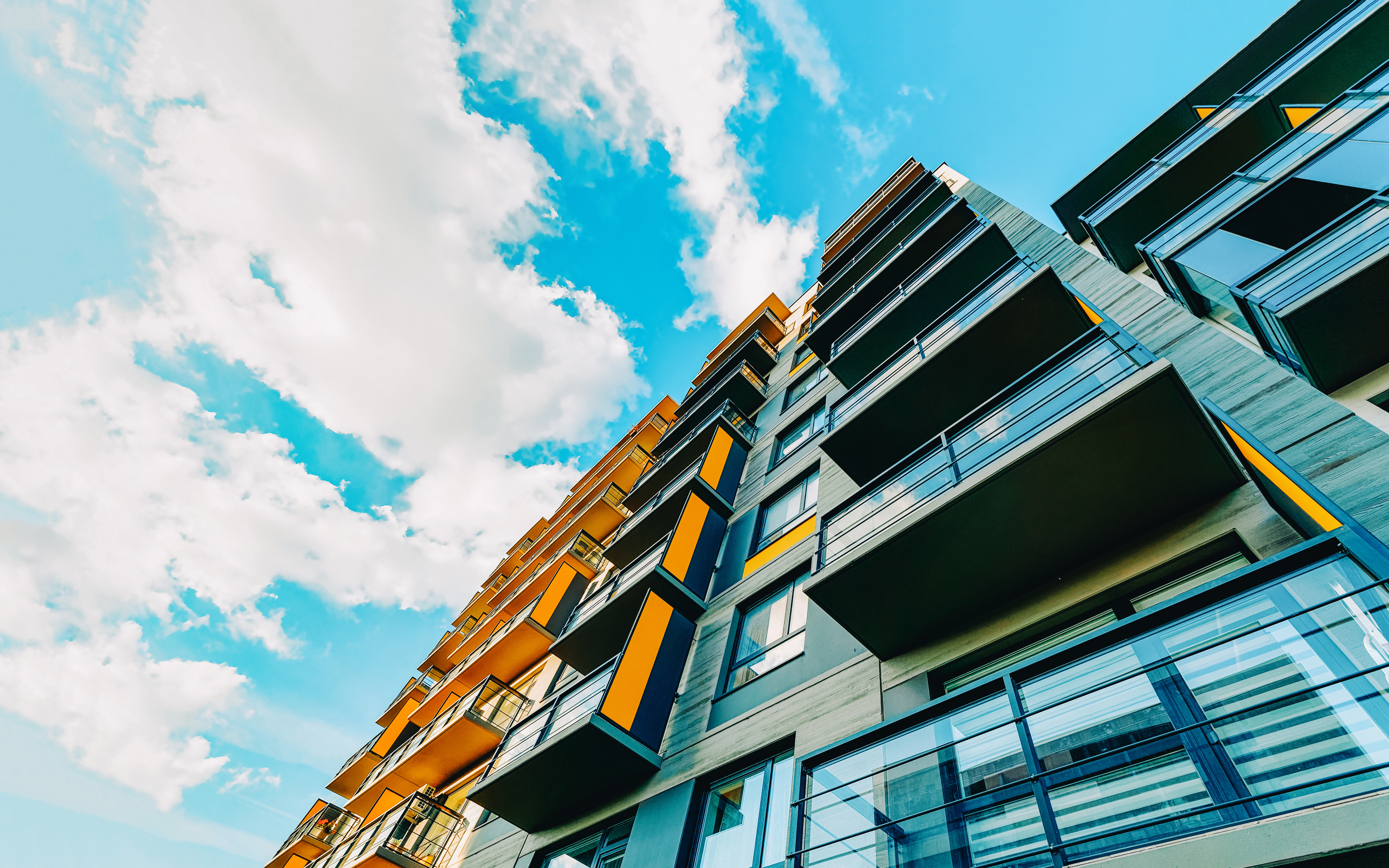Rental Housing Licenses in Different Municipalities

Many municipalities across Colorado have minimum habitability standards for rental properties written into their housing or rental codes. Whether focusing on specific electrical or HVAC requirements or on more general wellbeing and safety, all these standards are intended to make rental properties safe for the public.
While the basics of these codes are similar, the way that cities enforce and/or check for violations vary substantially. Some municipalities use internal city inspectors (Westminster) to verify compliance, while others (Boulder and Denver) use private, independent, outsourced inspectors to perform the checks. Inspection frequency ranges from yearly to every four years depending upon the municipality and the age of the building. In lieu of a licensing program, cities use a passive system of compliance that is compliant driven, if a renter files a complaint, the city may then require an inspection to address the complaint.
Differing enforcement of standards can create uncertainty in what defines “habitability”. How can companies ensure they comply with different standards in different municipalities? The City of Denver set a new standard on May 3, 2021, the City Council passed a new ordinance DRMC, 27-192 requiring a Residential Rental Property license for any person to offer, provide, or operate a residential rental property in the City and County of Denver. “Healthy Residential Rentals for All” is intended to ensure that rentals meet code requirements for habitable housing and safety.
There are two steps to comply with the application process, starting with the requirement that all Rental Property owners provide a copy of the DENVER TENANT RIGHTS AND RESOURCES to all tenants when a lease is signed AND when a rent demand is served.
The second step requires that anyone who offers, provides, or operates a rental residential property consisting of two or more rental dwelling units must obtain a license by January 1, 2023. To apply for this license, owners must have their property inspected by a professional who meets strict qualification requirements set by the City. Any inspections performed by an unqualified inspector are invalid and will not be accepted by Denver. Inspector requirements are strict and there are few certified inspectors in Colorado.
Owners and managers of rental properties in Colorado have an obligation to be aware of and maintain properties in a way to meet these minimum habitability requirements. The responsibilities of the owner/manager will include:
- Ensure the inspectors’ certifications are current, and that they meet the city’s minimum qualifications to perform the service.
- Reviewing their lease agreements regarding unit access for inspection.
- Assimilate and present the inspection reports with the application for the license.
The application, inspection, and the submission process for rental licenses are variable from city to city. All have the common theme of ensuring that the minimum housing standards are met, and that the environment is safe for tenants. Municipalities will continue to increase the regulation in the rental housing industry. Boulder requires an energy audit with each inspection, inspects each unit, and light pollution is included as an inspection item. Federal Heights has a six-page form with 50+ items and Denver has a two-page form with a fourteen-page handbook and 26 items to check. The trend is for more municipal licensing in the rental housing industry, increasing transparency regarding tenant rights, and a minimum standard for habitability, and focusing on tenant rights and owner/manager responsibilities.
